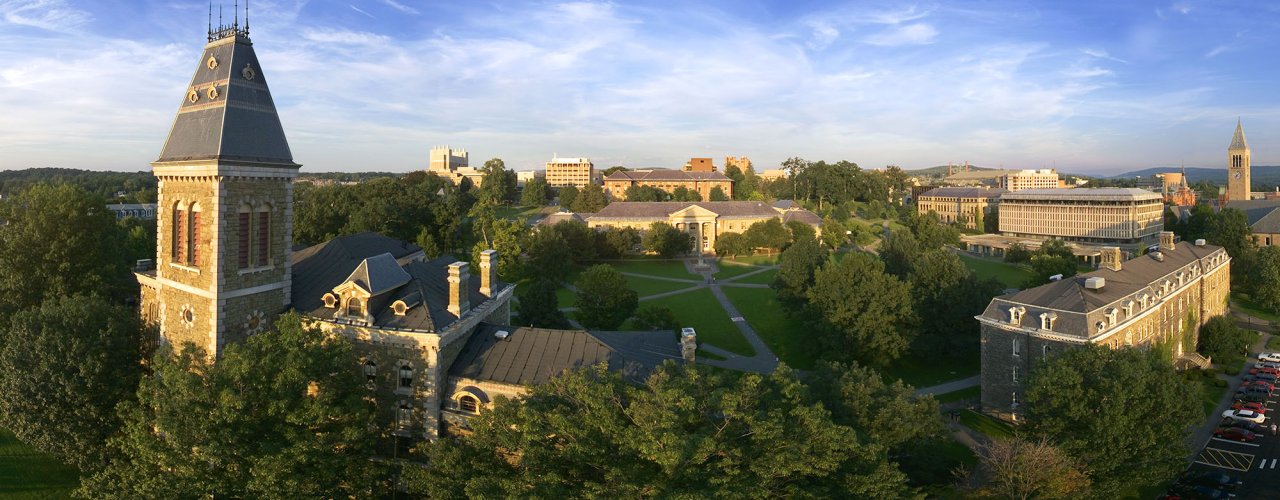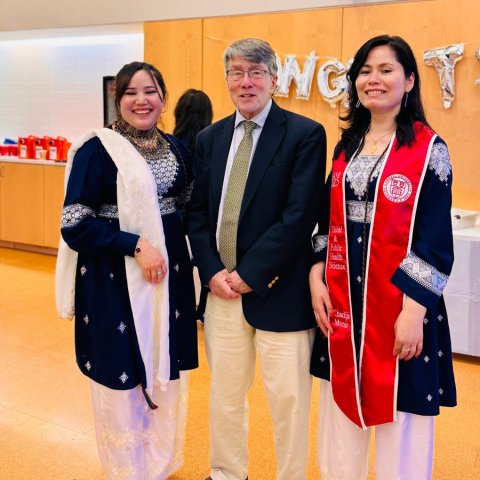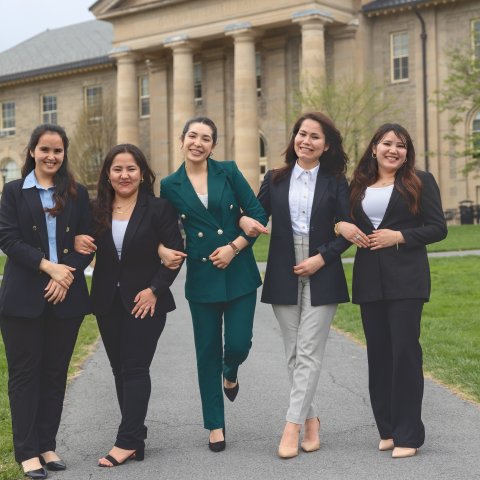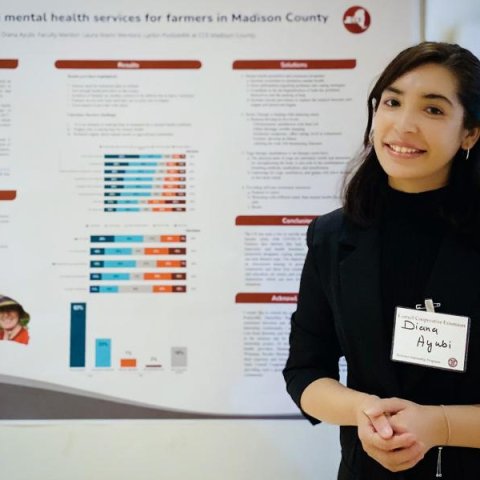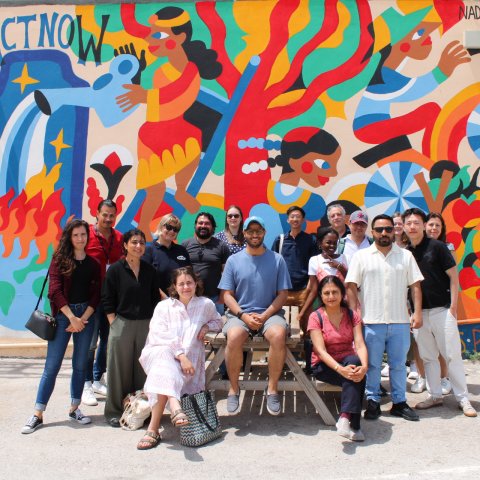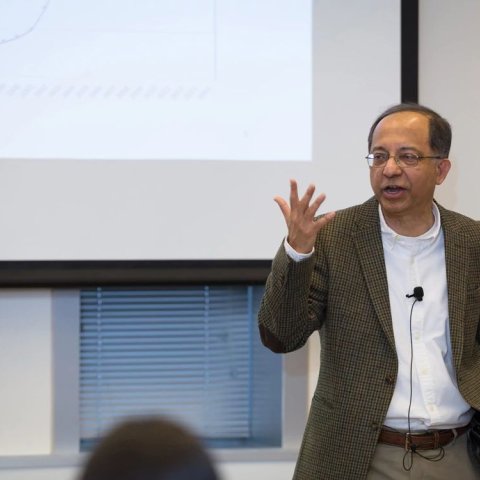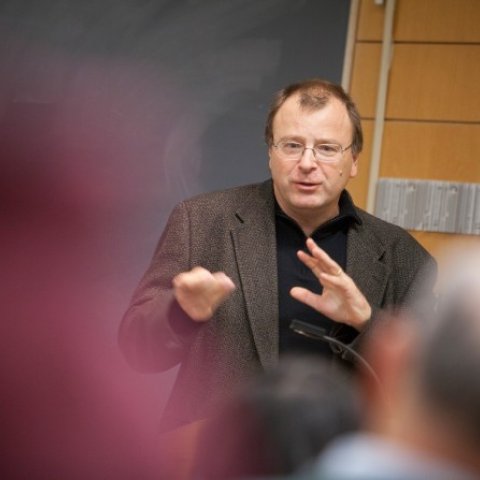News
Full listing
On-again-off-again tariffs have disrupted the global trading system and caused whiplash for businesses and consumers, writes Eswar Prasad, professor of trade policy in the Dyson School at Cornell University and a senior fellow at the Brookings Institution.
Source
Khadija Monis ’25 spoke at a graduation celebration dinner that brought together our Afghan students and people on campus who supported the women since they arrived in December 2021.
Source
Kaushik Basu, Einaudi Center's Carl Marks Professor of International Studies, writes about the limitations of GDP as an indicator of economic well-being.
Source
Our “scholars under threat” initiative offered extensive support to help nine women get acclimated and to succeed at Cornell after escaping the Taliban.
Source
Queen Mary University of London and Cornell University have co-delivered the first joint Global Migration Spring School, held from 4 to 9 May at the Queen Mary Malta Campus in Gozo.
Source
The United Nations Secretary-General announced May 8 that Kaushik Basu, the Einaudi Center's Carl Marks Professor of International Studies will co-chair an independent “High-Level Expert Group” to develop recommendations for measures that complement or go beyond Gross Domestic Product.
Source
In honor of our colleague Nicolas van de Walle (1957-2024), the Einaudi Center's Institute for African Development is cohosting a conference on African political economy.
Source
New Cornell research reveals that social media users with disabilities prefer more personalized content moderation powered by AI systems that not only hide harmful content but also summarize or categorize it by the specific type of hate expressed.

